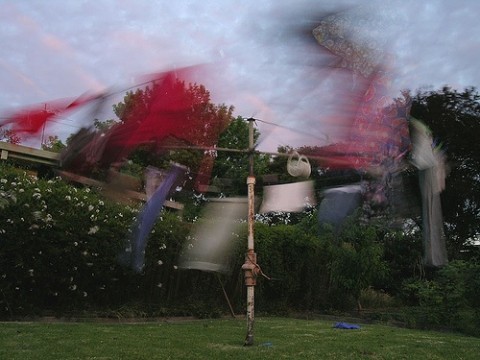"A religious faith perhaps"

Those of us who enjoy poetry had good reason to be cheered
by a two-column
article on poet Richard Wilbur in a recent issue of the Wall Street Journal. Author Richard B.
Woodward did well by him as he and we celebrated Wilbur's 90th
birthday.
It's folly to list "nation's greatest," but Woodward showed
his characteristic regard for the nonagenarian in a time when poets and poetry
are neglected in mass culture, pop culture and high culture. Wilbur in this
article is "our finest living poet," who has won every award available--but was
not besieged by TV crews or invited to the White House on his recent milestone
day. We picture him not sulking over this neglect; he probably was at desk
working on a new line or two of another of his well-wrought poems.
No poet is to everyone's liking, and Wilbur receives
legitimate criticism for some shortcomings. Some find him not daring enough,
not postmodern enough. According to Woodward, "his long life from all outward
appearances has been characterized by a normality that is freakish by the
standards of his peers." Some of these peers have attacked him for never "going
too far."





